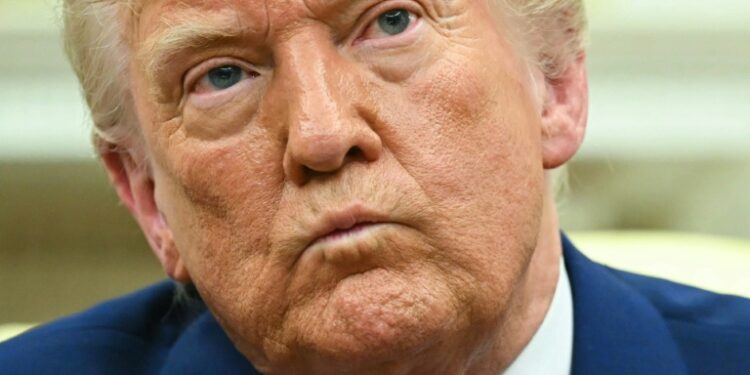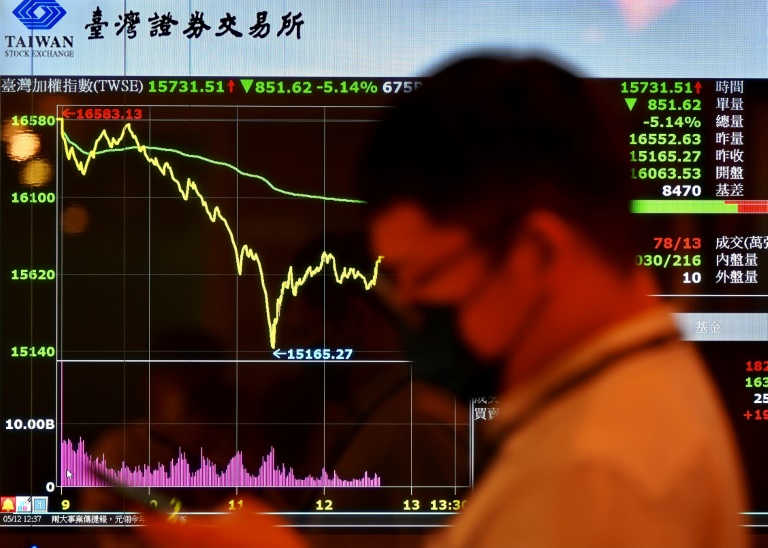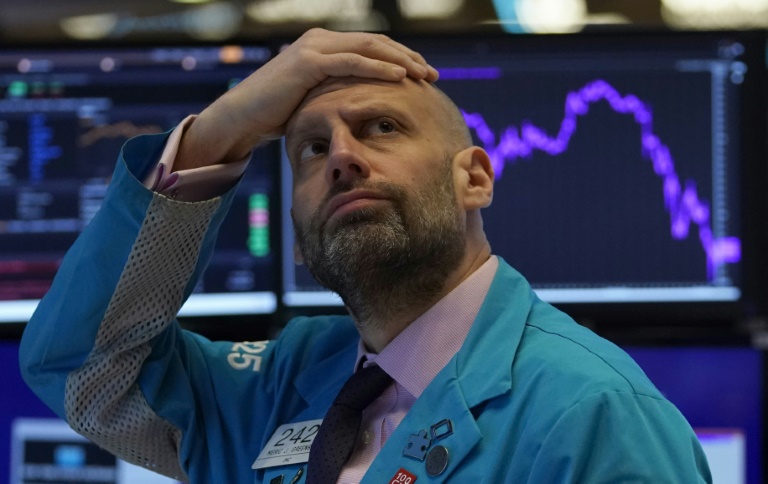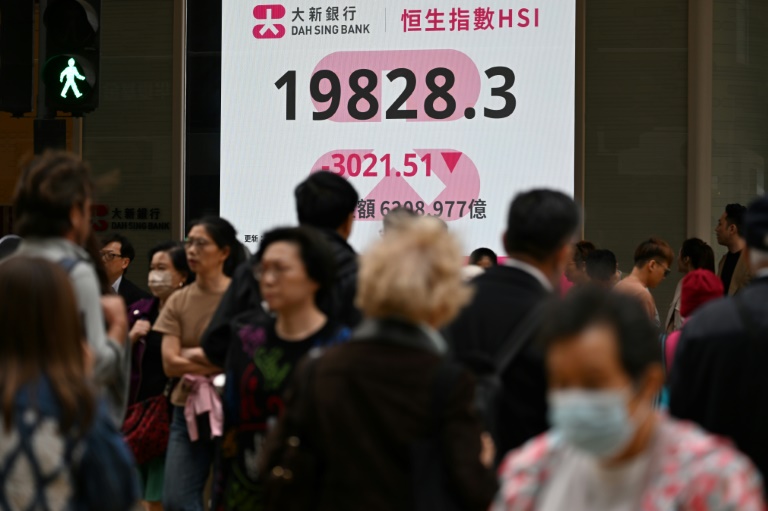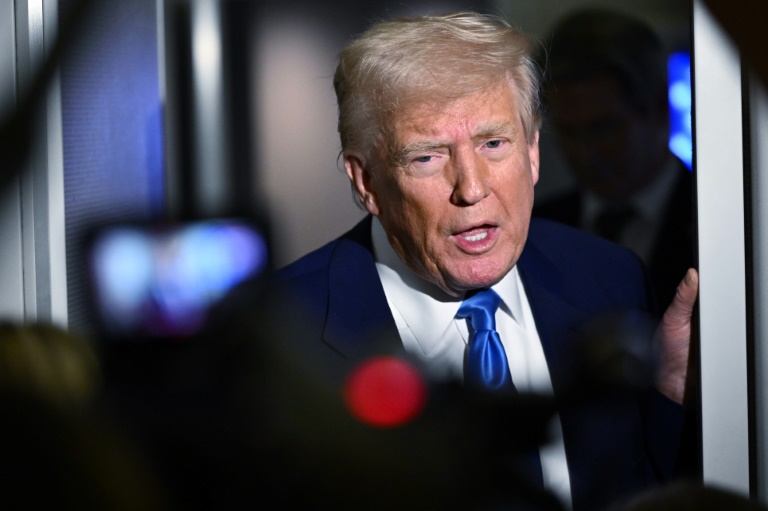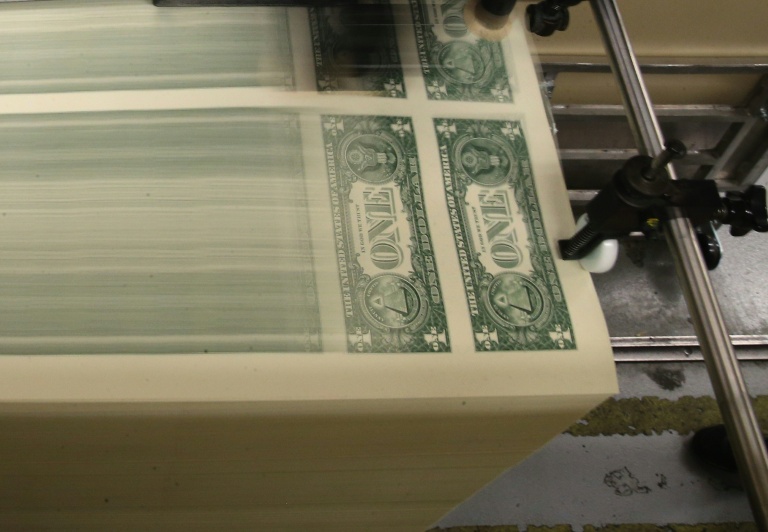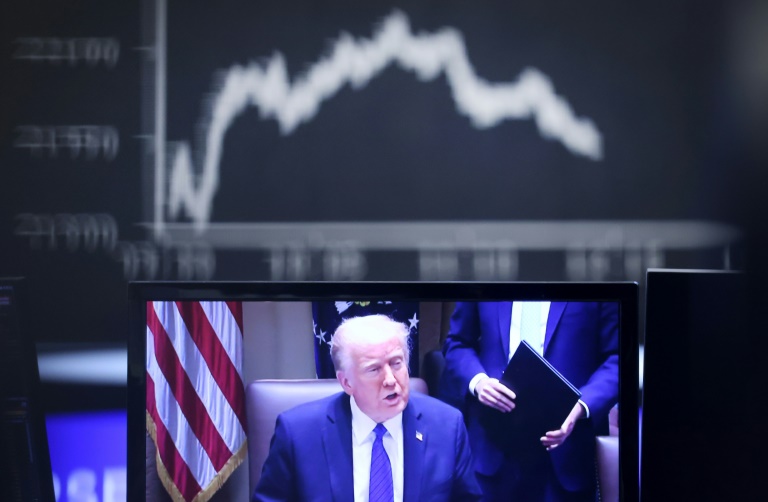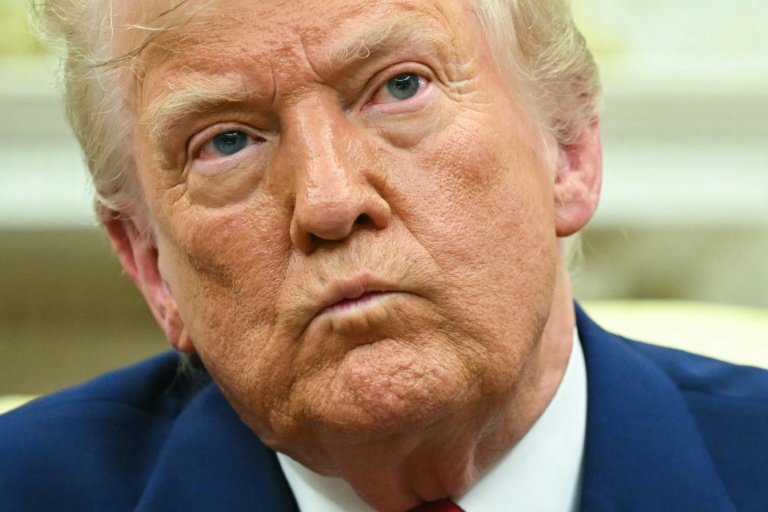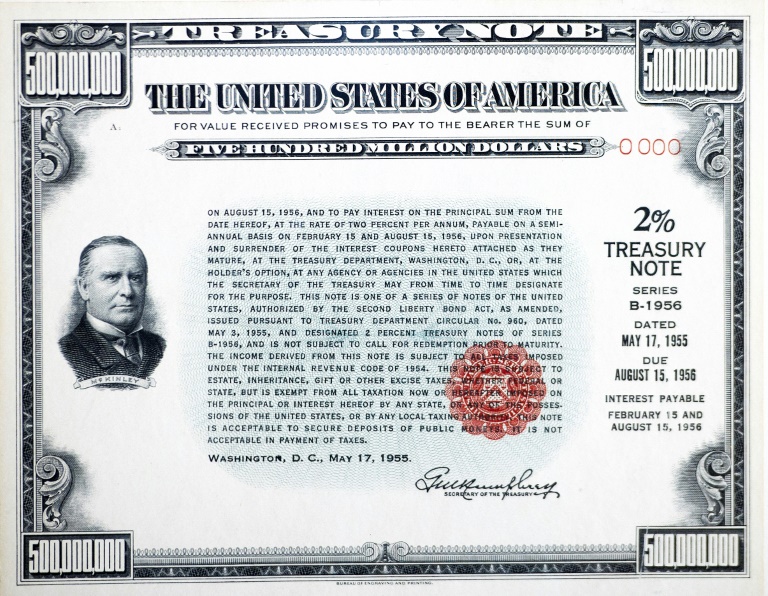Washington (AFP) – Stock markets regained some ground Tuesday, even as trade tensions between the United States and China were strained by turmoil over President Donald Trump’s tariffs offensive. Trump rocked the world economy last week when he held up a chart in the White House garden showing the tariffs being levied on each country. The move triggered a dramatic global market sell-off and fears of a widespread recession as he repeatedly doubled down on his aggressive trade policy.
Steep tariffs come into effect against goods from a raft of nations on Wednesday, with Chinese products facing a stunning 104 percent levy after Beijing announced retaliatory measures, provoking a furious US reaction. China blasted what it called US blackmail and vowed to “fight it to the end,” a commerce ministry spokesperson said. The US president insisted that the ball was in China’s court because Beijing “wants to make a deal, badly, but they don’t know how to get it started.” “We are waiting for their call. It will happen!” he wrote on social media Tuesday.
In the war of words, China also condemned remarks by Vice President JD Vance in which he said the United States had for too long borrowed money from “Chinese peasants.” The European Union sought to cool tensions, with the bloc’s chief Ursula von der Leyen warning against worsening the trade conflict in a call with Chinese Premier Li Qiang. She stressed stability for the world’s economy as well as “the need to avoid further escalation,” according to a readout from EU officials. The Chinese premier told von der Leyen that the world’s number two economy could weather the economic storm. “China can fully hedge against adverse external effects, and is fully confident of maintaining sustained and healthy economic development,” he said.
The EU — which Trump has criticized bitterly over its tariff regime — may unveil its response next week to the 20 percent levies it is facing under Trump. French President Emmanuel Macron called on the defiant US president to reconsider, adding if the EU was forced to respond “so be it.” “France and Europe never wanted chaos,” he said. In retaliation for levies introduced in mid-March on steel and aluminum, the EU plans tariffs of up to 25 percent on US goods ranging from soybeans to motorcycles and make-up, according to a document seen by AFP.
Underlining Trump’s willingness to negotiate, White House advisor Kevin Hassett told Fox News that the administration would prioritize allies like Japan and Korea among the dozens of nations wanting to cut deals. Wall Street stocks rose Tuesday, as Trump reported a “great call” with South Korea’s leader. Europe’s main indices finished with gains of more than two percent, while Asia’s leading indices also rose after suffering heavy falls Monday. “Investors took advantage of lower valuations and grew more optimistic about US tariff negotiations,” said IG analyst Axel Rudolph.
Trump believes the tariffs will revive America’s lost manufacturing base by forcing foreign companies to relocate to the United States, rather than making goods abroad. But many business experts and economists question that, and say his tariffs are arbitrary. In a sign of friction, key Trump ally Elon Musk described senior White House trade advisor Peter Navarro as “dumber than a sack of bricks.” Musk has signaled his opposition to the tariffs, and he hit out after Navarro described his Tesla company as “a car assembler” that wants cheap foreign parts.
The US president has ruled out any pause in his aggressive stance, despite retaliatory action from China and signs of criticism from within his Republican Party. “Nearly 50 countries have approached me personally to discuss the president’s new policy and explore how to achieve reciprocity,” Trump’s top trade official told the Senate. Several countries — including Argentina, Vietnam, and Israel — had offered to reduce their tariffs, Jamieson Greer said.
© 2024 AFP

